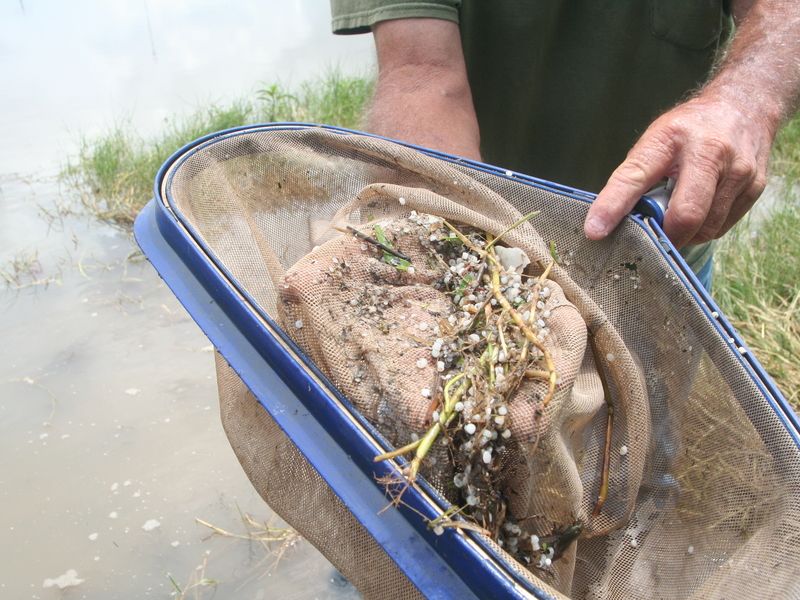The environmental groups also highlighted what they said is new technology TCEQ should employ: equipment that can identify “fingerprints” for resin pellets from a specific company, to help with enforcement and better determine which companies are the source of plastic material found in the state’s waters.
Waterkeeper said that during the Formosa court case, the resin maker used a version of that technology to argue that some of the pellets found in waters around its Point Comfort factory were not, in fact, Formosa materials.
The environmental groups said that labs at the University of Texas Marine Science Institute and at the Texas A&M University campus in Corpus Christi have similar equipment.
The Surfrider Foundation urged TCEQ to use that technology in its regulatory regime and said it could benefit companies that are careful with pellet containment.
“TCEQ should require all plastics manufacturers to submit examples of the plastics made at their facilities to enable identification of discharged or released plastics during an enforcement investigation,” Surfrider said. “This would increase the reliability of the fingerprinting tool and level the playing field for the careful producers.”
Surfrider submitted its comments with 13 other groups, including the Plastic Pollution Coalition, the Texas Campaign for the Environment and Texans for Clean Water.
For now, the industry and interested groups are waiting for the TCEQ to come out with a more detailed proposal, which is being done as part of its broader revision of the state’s surface water standards.
The rules around pellet leakage would only directly apply to the 155 plastics companies in the state with individual permits under what’s called the Texas pollutant discharge elimination system and may not include all of the state’s smaller processing factories.
But it clearly reflects stepped-up activity around pellet containment on the part of government, industry and conservation groups.
TCEQ noted in documents that its current rules already formally ban pellet discharges, but they’re proposing putting much more focus on it, requiring specific management plans and giving more guidance to individual agency investigators.
Some groups urged that the industry’s Operation Clean Sweep program could be incorporated into those management plans, but new legally enforceable rules would likely go well beyond that voluntary program.
There’s also been a push by some of the same environmental groups for national regulations around zero discharge of pellets.
The Center for Biological Diversity and more than 200 other groups last year formally petitioned the Environmental Protection Agency for tougher federal rules as part of the Clean Water Act. And a handful of court cases against individual companies in other states have been filed by environmental groups in recent years.


